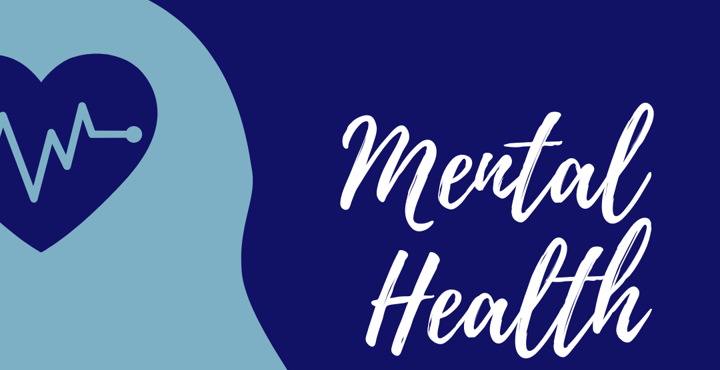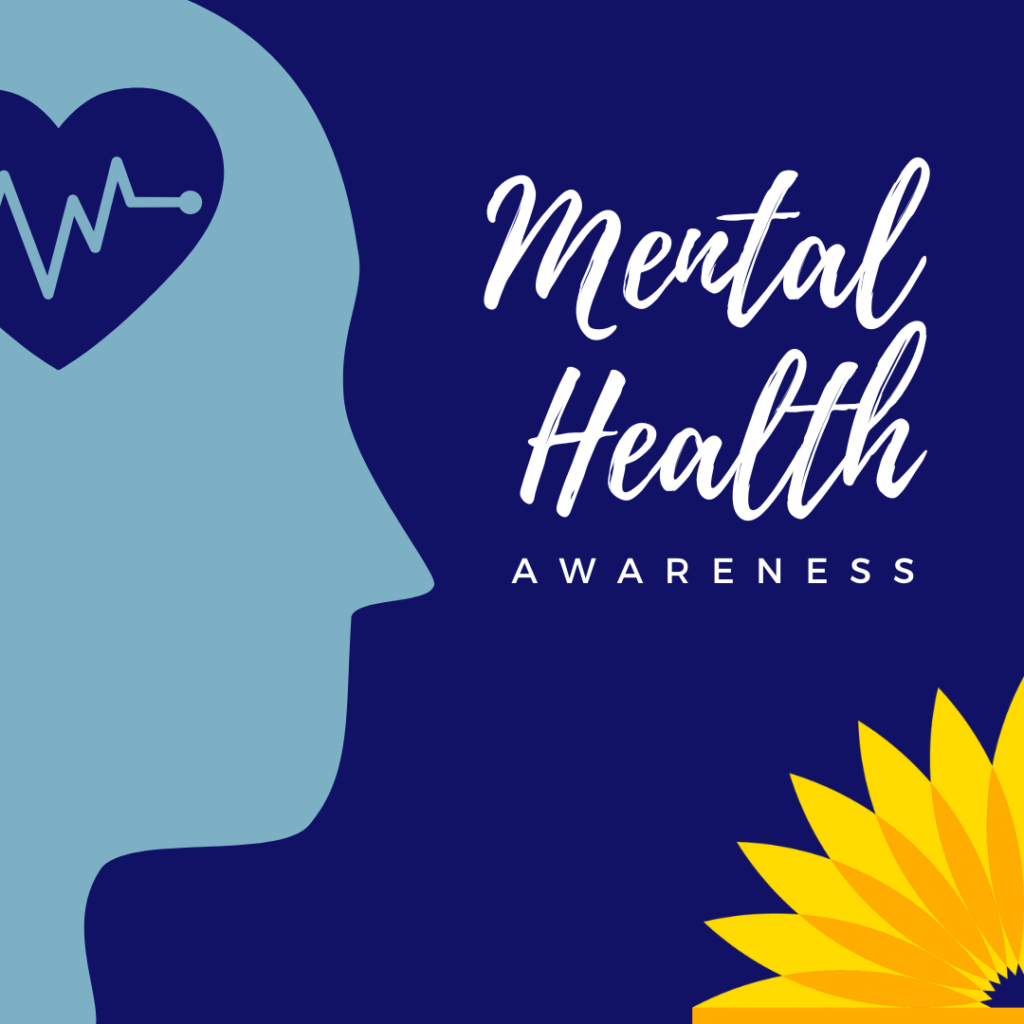May 4
Mental Health Mythbusters from the Behavioral Health Team at LCH

May is Mental Health Awareness Month. Here are some common myths about mental health, shared by our behavioral health team at LCH.

Shared by Beth Warren, LPC, CADC, Associate Director of Mental Health
Myth 1: People with bipolar disorder are moody.
Fact: Bipolar disorder does not cause mood swings. It causes cycles that last for weeks or months.
People throw around the term “bipolar” to describe things that are unpredictable or unstable. When they say this, it downplays the seriousness of the condition and creates misinformation about bipolar disorder. These extreme highs and lows take turns, but do not change or swing from moment to moment. Either of these episodes can be so extreme and debilitating that if untreated, they lead to hospitalization for the person’s safety.

Shared by Anna Roosevelt, LCSW, Behavioral Health Consultant
Myth 2: Bad parenting causes mental conditions in adolescents.
Fact: Adolescents from loving supportive homes can experience mental health difficulties due to many factors.
Factors like immigration, bullying, physical changes, financial insecurity and exposure to violence and adverse circumstances. With support, caregivers can also play an essential role in helping adolescents overcome mental health difficulties.

Shared by Courtney Erroa, LCSW, Behavioral Health Consultant
Myth 3: A mental health condition is a sign of weakness; if the person were stronger, they would not have this condition.
Fact: A mental health condition has nothing to do with being weak or lacking willpower.
It is not a condition people choose to have or not have. In fact, recognizing the need to accept help for a mental health condition requires great strength and courage. Anyone can develop a mental health condition.

Shared by Meredith Sullivan, LPC, CADC, Behavioral Health Consultant
Myth 4: You only need to take care of your mental health if you have a mental health condition
Fact: Everyone can benefit from taking care of their mental health.
Just as you would exercise or eat healthy to increase your physical health, it is important to practice self-care and to engage in activities that improve mental health.

Shared by Marykate McShane, LSW, Behavioral Health Consultant
Myth 5: Poor mental health is not a big issue for teenagers. They just have mood swings caused by hormonal fluctuations and act out due to a desire for attention.
Fact: Teenagers often have mood swings, but that does not mean that adolescents may not also struggle with their mental health.
Globally, among those aged 10–15, suicide is the fifth most prevalent cause of death, and for adolescents aged 15–19 it is the fourth most common cause. Half of all mental health conditions start by the age of 14.

